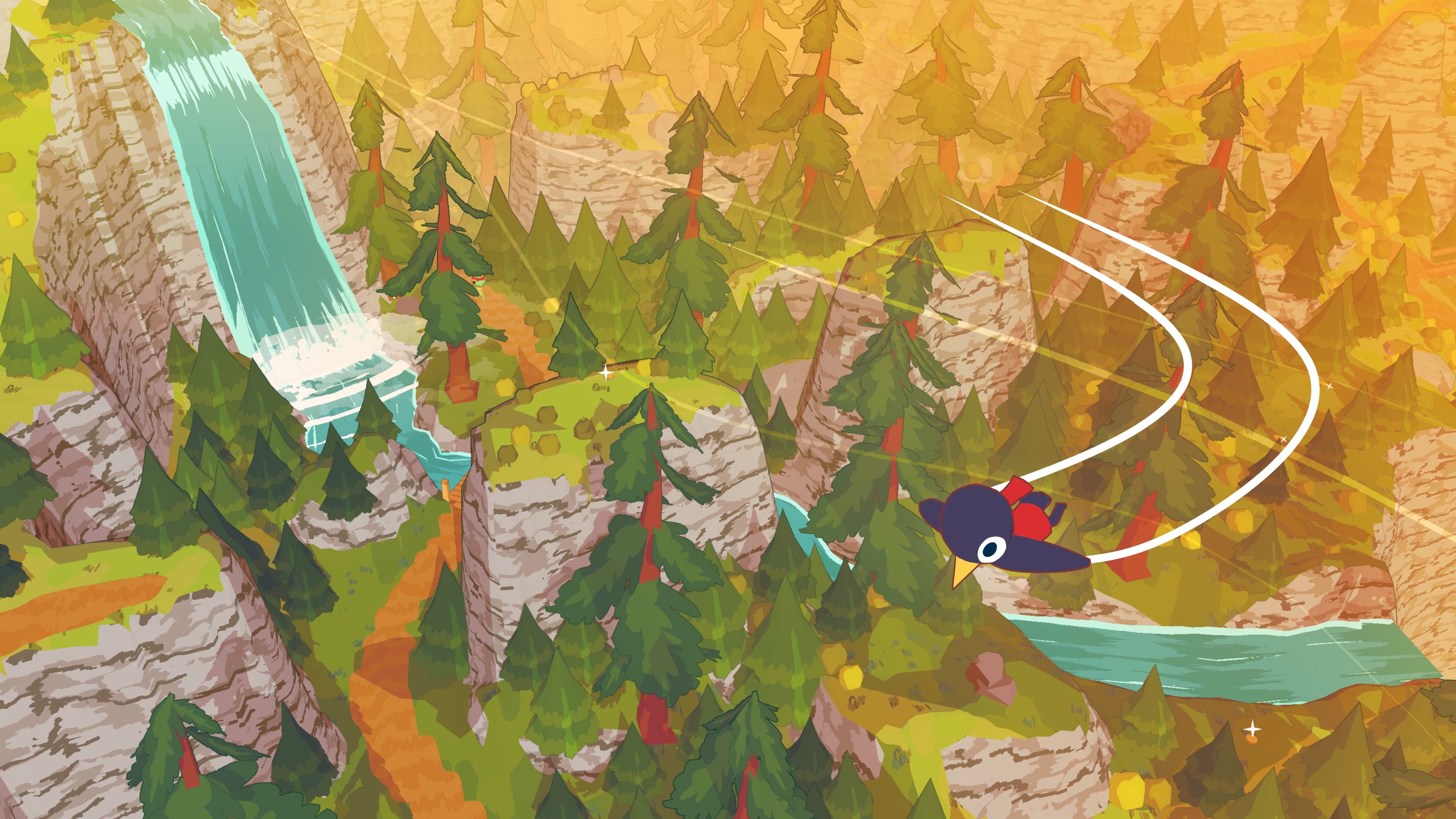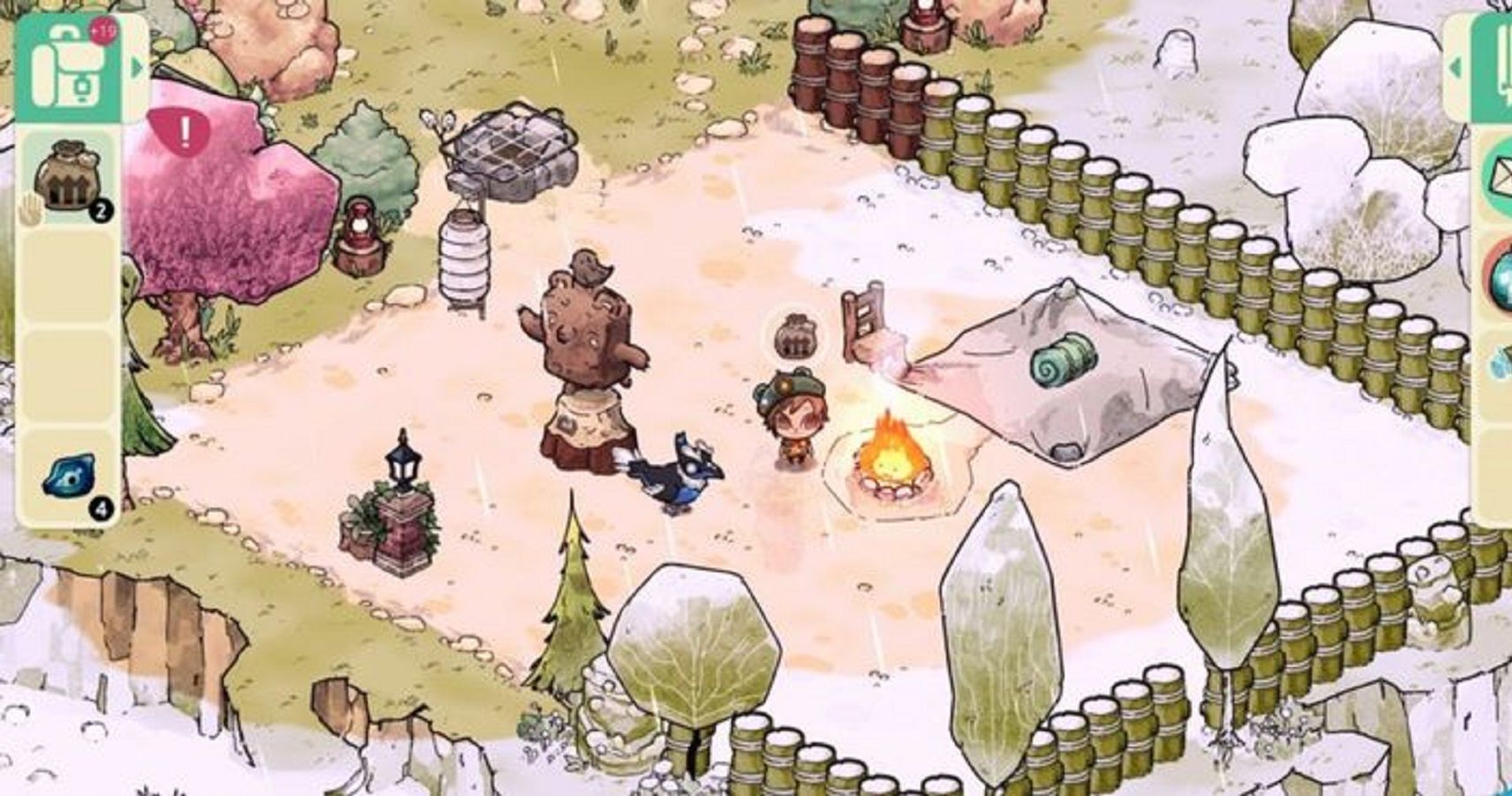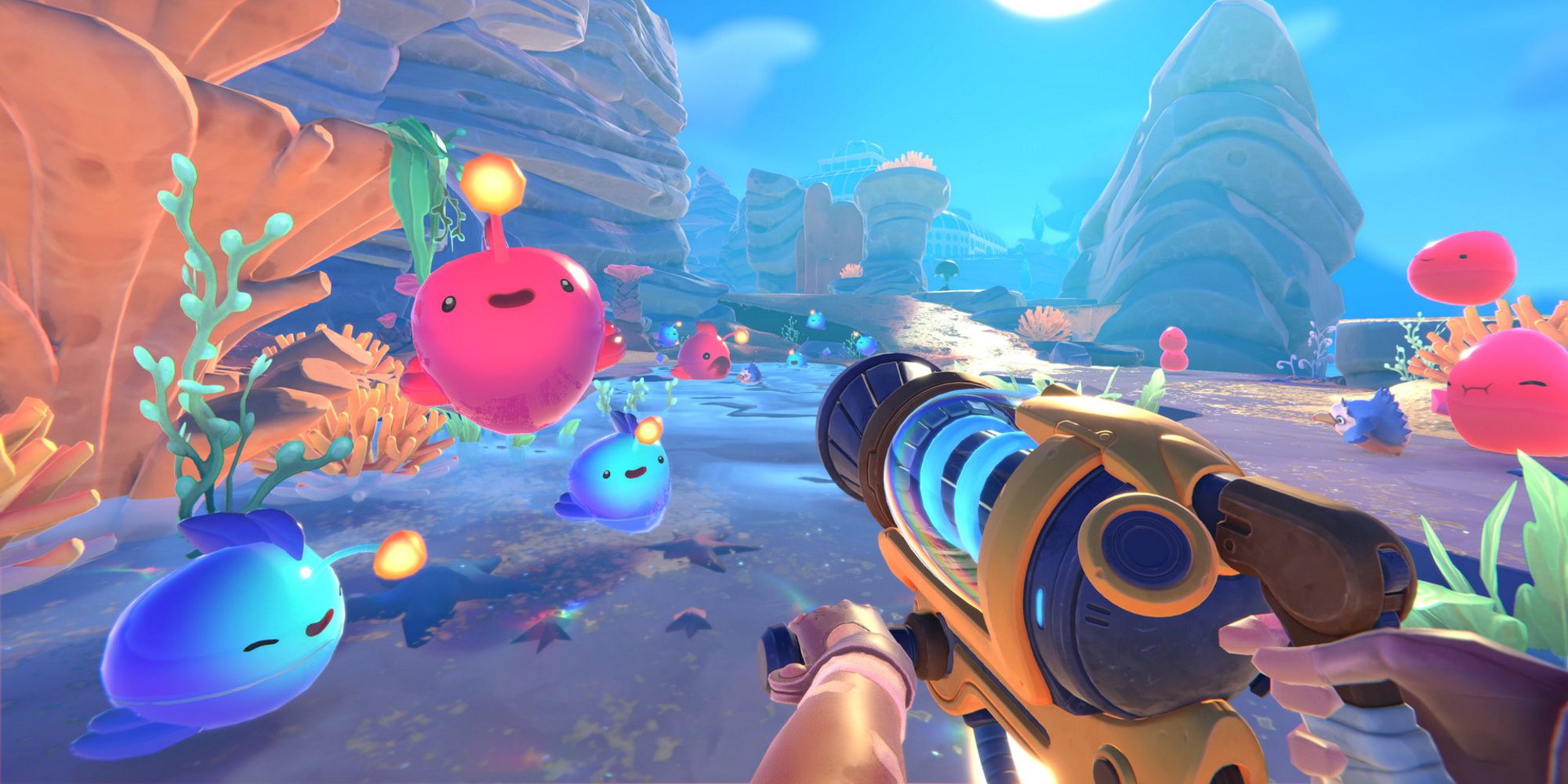
Sometimes the most unsettling games are those that hide their darkness beneath a veneer of comfort and warmth. These cozy titles lure you in with charming visuals and relaxing gameplay, only to reveal disturbing secrets lurking just beneath the surface. Here are ten games that perfectly blend comforting mechanics with genuinely unsettling undertones.
Top 10 Cozy Games with a Dark and Sinister Edge
1. Stardew Valley: Farming with a Twist
At first glance, Stardew Valley appears to be the perfect farming simulator—complete with cute animals, friendly villagers, and peaceful crop cultivation. But spend enough time in Pelican Town and you’ll start noticing the cracks in this idyllic facade. The town’s bitter corporate overlord, JojaMart, threatens to destroy local businesses, while the mysterious Junimo creatures hint at supernatural forces at play.
Dig deeper and you’ll discover darker themes woven throughout: depression, alcoholism, and family trauma plague several residents. The mines beneath the town are filled with monsters, and the community center stands abandoned after a mysterious corporation drove out its magical inhabitants. Even your grandfather’s legacy comes with pressure and expectations that can feel overwhelming.
What makes Stardew Valley particularly effective is how these dark elements emerge gradually through normal gameplay, making the sinister undertones feel organic rather than forced.
2. Animal Crossing: New Horizons – Paradise with a Price
Animal Crossing games are synonymous with wholesome fun, but New Horizons introduces some genuinely unsettling concepts when you examine them closely. You’re essentially stranded on a deserted island, completely dependent on Tom Nook for survival. This raccoon businessman immediately puts you in massive debt and controls every aspect of island development.
The game’s time manipulation mechanics create an eerie sense of temporal displacement, while the constant surveillance by Isabelle and the mysterious “Happy Home Academy” that judges your living space adds paranoid undertones. The cheerful villagers occasionally make comments that suggest they’re not entirely happy with their island prison.
Most disturbing is the game’s emphasis on consumption and debt—you’re trapped in an endless cycle of borrowing money to expand your home, with no real end goal except accumulating more stuff. It’s capitalism wrapped in adorable packaging.
3. Unpacking: Memories in Boxes
Unpacking presents itself as a zen-like puzzle game about organizing belongings, but it tells a deeply emotional story through objects alone. As you unpack boxes throughout someone’s life, you witness relationships forming and falling apart, dreams being abandoned, and personal growth happening in real time.
The game’s most powerful moments come when you realize certain items are missing or when familiar objects appear in unfamiliar contexts. A childhood toy might disappear suddenly, suggesting a traumatic event. Relationship dynamics play out through whose belongings take priority in shared spaces.
The minimalist presentation makes every object placement feel meaningful, turning mundane household items into emotional triggers. It’s a meditation on loss, memory, and the way our possessions define us—themes that become increasingly heavy as the story progresses.
4. A Short Hike: Mountain Mysteries

A Short Hike appears to be nothing more than a relaxing exploration game about climbing a mountain to get cell phone reception. The low-poly art style and gentle soundtrack create an immediately comforting atmosphere that encourages leisurely exploration.
But the mountain holds secrets that gradually reveal themselves as you climb. Strange structures dot the landscape with no explanation, while other hikers share cryptic stories about the area’s history. The very premise—desperately seeking connection in an isolated wilderness—carries undertones of loneliness and desperation.
The game’s brevity intensifies these themes, creating a bittersweet experience about temporary connections and the fleeting nature of peaceful moments. What starts as a simple hike becomes a meditation on isolation and the human need for contact with others.
5. Spiritfarer: A Cozy Farewell
Spiritfarer combines cozy crafting and management mechanics with the heavy theme of death and letting go. As Stella, you ferry spirits to their final resting place while caring for them aboard your boat. The hand-drawn art style and gentle gameplay make this one of the most beautiful games about mortality ever created.
Each spirit represents a different aspect of life and loss, from the elderly cat who’s ready to move on to the young hedgehog struggling with acceptance. You’ll build relationships with these characters while knowing that your ultimate goal is to say goodbye forever.
The game’s crafting systems and resource management provide comfort during emotionally difficult moments, but they also create deeper investment in characters you know you’ll eventually lose. It’s a game about finding peace with death while celebrating the connections we make in life.
6. Dredge: Fishing for Horrors
Dredge looks like a peaceful fishing simulation with its beautiful pixel art ocean views and meditative boat travel. You explore a mysterious archipelago, catching fish and selling them to upgrade your vessel. The day-night cycle and weather effects create a soothing rhythm that feels genuinely relaxing.
But venture out at night or into deeper waters, and the game reveals its Lovecraftian horror influences. Strange creatures emerge from the depths, your boat begins malfunctioning inexplicably, and the locals share disturbing stories about the waters you’re exploring. The fish you catch become increasingly bizarre and unsettling.
The game masterfully uses its cozy fishing mechanics to build false security before introducing cosmic horror elements that recontextualize everything you’ve been doing. Every peaceful day of fishing becomes tinged with dread about what lurks beneath the waves.
7. Cozy Grove: Haunted Island Paradise

Cozy Grove presents itself as a life simulation game about helping bear spirits on a mysterious island. The art style is charming and hand-drawn, while the gameplay involves familiar activities like decorating, crafting, and building relationships with colorful characters.
However, every bear spirit you meet is dead, trapped on the island by unfinished business or traumatic memories. Their stories often involve loss, regret, and painful life experiences that prevented them from moving on. The island itself exists in a liminal space between life and death.
The game’s real-time progression means you can only help a few spirits each day, creating a haunting sense that these souls are waiting for you even when you’re not playing. The cozy activities become a form of grief counseling, helping both the spirits and yourself process difficult emotions.
8. Night in the Woods: Small Town Decay
Night in the Woods uses anthropomorphic animals and a charming art style to explore heavy themes of economic decline, mental health, and growing up in a dying town. Mae returns home after dropping out of college to find her hometown slowly crumbling around her.
The game’s day-to-day activities feel cozy and familiar—hanging out with friends, exploring the neighborhood, and participating in local traditions. But darker themes emerge through conversations about job losses, family struggles, and the mysterious cult operating in the shadows.
What makes Night in the Woods particularly effective is how it grounds supernatural horror in very real economic and social anxieties. The monsters become metaphors for the forces destroying small-town America, making the horror feel both fantastical and disturbingly relevant.
9. Coffee Talk: Late-Night Confessions
Coffee Talk presents itself as a relaxing barista simulator where you serve drinks and listen to customers’ stories. The pixel art aesthetic and lo-fi soundtrack create a warm, inviting coffee shop atmosphere that feels perfect for unwinding.
But as the nights progress, customers begin sharing increasingly personal and troubling stories. Relationship problems, career crises, and existential doubts pour out over carefully crafted beverages. You become a therapist as much as a barista, helping people work through serious life issues.
The game explores themes of loneliness, identity struggles, and social pressure through the lens of late-night conversations. The cozy coffee shop becomes a sanctuary for people dealing with darkness in their lives, making your role as listener both comforting and emotionally heavy.
10. Slime Rancher: Adorable Exploitation

Slime Rancher appears to be nothing more than a cute farming game about raising colorful slime creatures on an alien planet. The slimes are undeniably adorable, bouncing around happily while you feed them and collect their valuable plorts (slime waste).
However, the game’s core mechanics involve capturing wild creatures, confining them in enclosures, and harvesting their bodily excretions for profit. The cheerful presentation can’t entirely mask the fact that you’re running what amounts to a factory farm for sentient beings.
Some slimes become aggressive when hungry or overcrowded, while others can escape and wreak havoc if not properly contained. The game’s expansion areas reveal that previous ranchers have abandoned their operations, leaving behind dangerous hybrid slimes and environmental damage. Your pastoral paradise is built on a foundation of exploitation and corporate extraction.
These games prove that the most effective horror often comes not from jump scares or gore, but from the slow realization that something isn’t quite right in paradise. By combining comforting mechanics with unsettling themes, they create uniquely memorable experiences that linger long after you’ve stopped playing.
More must-reads:
- Paul Skenes continues domination vs. Dodgers, makes Cy Young case with another gem
- Mike Tyson, Floyd Mayweather Jr. agree to unlikely fight
- The 'NFL 2025 Week 1 starting QBs' quiz
Customize Your Newsletter
 +
+
Get the latest news and rumors, customized to your favorite sports and teams. Emailed daily. Always free!








